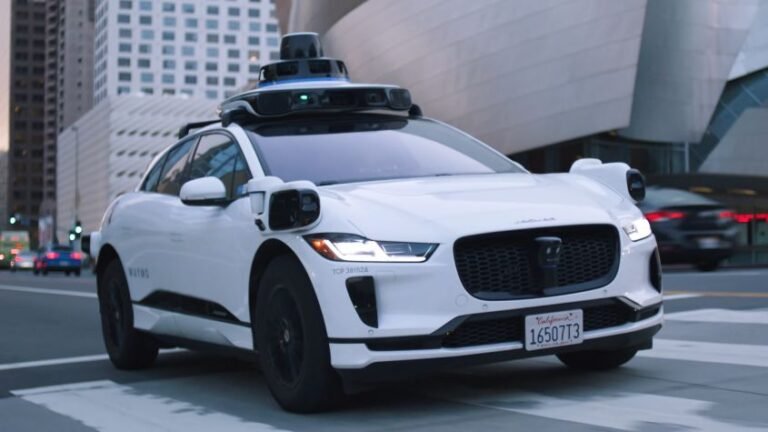

- Honda delays its $15 billion investment in Canada due to slowing EV demand.
- The postponement affects plans for a 240,000-vehicle EV plant and battery facility.
- EV sales continue to rise in Canada and the US, despite lower-than-expected growth.
In April of last year, Honda unveiled plans to invest CA$15 billion (US$11 billion) into a full-fledged electric vehicle supply chain in Canada, which would include an EV plant and a standalone battery facility in Ontario. Fast forward 12 months, and the auto industry is a very different landscape, thanks in part to Donald Trump’s return to the Oval Office. As a result, Honda is now pushing back its Canadian EV investments by “approximately” two years.
In a letter sent to Honda shareholders, the automaker attributed the delay to the current slowdown in EV demand. The company reassured investors that it’s keeping a close eye on market trends but stopped short of providing a specific timeline for when the project will get back on track.
Read: Honda Pours $11 Billion To Build EVs In Canada’s Biggest Auto Investment Ever
Honda’s CEO, Toshihiro Mibe, explained during a quarterly earnings press conference that the company will need to “observe what is happening” over the next two years before making any final decisions on the timing of the project. Meanwhile, Honda Canada spokesperson Ken Chiu told CTV News that there are no plans to cut production or jobs locally, despite the delays.
EV Sales Still Climbing, Just Not as Fast as Expected
While Honda claims the postponement is due to a slowdown in EV demand, the reality is that EV sales are still rising in both Canada and the US. In fact, battery-electric vehicles accounted for 11.4% of all new car sales in Canada last year, and 8.1% in the US. True, demand hasn’t accelerated as rapidly as many hoped, prompting automakers to reconsider their EV strategies, but it’s not as though EVs are suddenly unpopular.

A Delayed Investment with Major Implications
Honda’s CA$15 billion commitment was previously hailed by former Prime Minister Justin Trudeau as the “largest auto investment in Canada’s history.” The plan called for a battery plant with an annual capacity of 36 GWh and an EV assembly plant capable of producing up to 240,000 vehicles annually starting in 2028.
In light of the delays, Honda also confirmed it would shift some the CR-V production to its plant in Ohio to mitigate the impact of President Trump’s tariffs on the company’s operations.
“There is room to increase the production capacity in the United States, and we are trying to look into what will happen as a result of that,” Toshihiro Mibe added. “In the midterm, if the tariff measures are to be in place for a long time, then we will have to increase our production capacity in the United States.”




